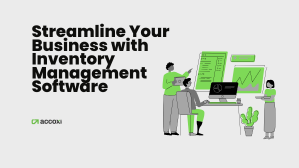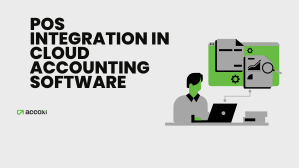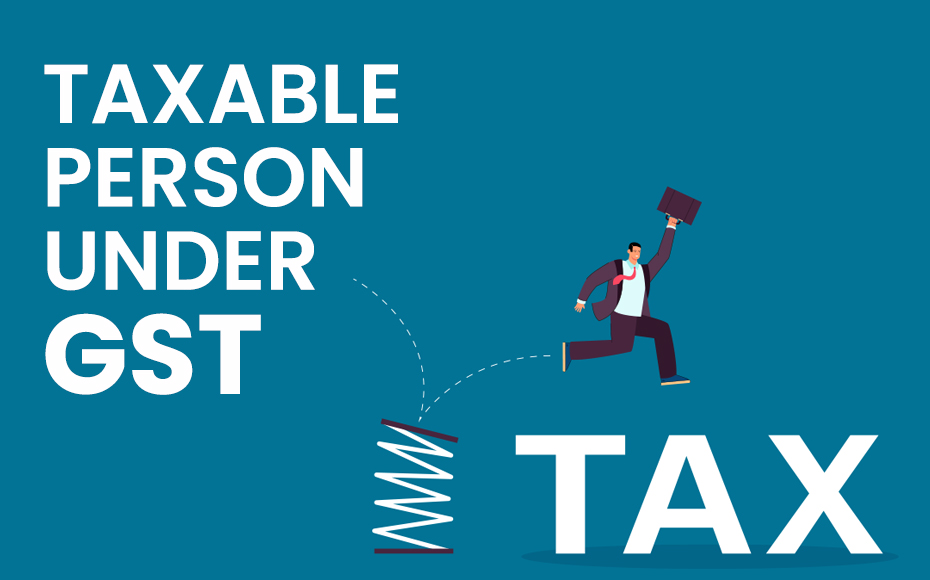What is Reverse Charge Mechanism?
GST has presented before us a number of terms that goes along with it- Reverse Charge Mechanism (RCM) being one among several other terms. The article familiarizes you with everything you need to know about RCM and its related terms.
What does RCM under GST imply?
As per RCM under GST, the receiver of the goods or services is liable to pay the tax and not the supplier. Under the normal regime, supplier collects tax from the buyer and deposits it after aligning the output tax liability with input tax credit. This is against the policy of RCM where the liability of tax is on the receiver and not the supplier.
In summary, RCM under GST is applicable to the following three situations:
- Supply of notified goods and services
- Imports
- Purchase from unregistered dealer
Which Sections Points to the Rules under the RCM Administration?
- Section 9(3) of the CGST Act, 2017: As per the recommendations put forth by the council, the government may impose tax on specific categories of supply of goods or services or both which shall be paid on RCM. Under reverse charge basis, the recipient of the goods, services or both shall be held liable to pay the tax for the supplied goods, services or both.
- Section 9(4) of the CGST Act, 2017: As per the recommendations put forth by the council, the government may impose tax on a group of registered persons who received the supply of specific categories of goods or services or both from an unregistered supplier under RCM. Under reverse charge basis, the recipient is the person liable to pay tax of such supply of goods, services or both.
What does Time of Supply mean under RCM?
Time of Supply in RCM indicates the particular point of time when the goods or services are supplied in order for us to ascertain the tax rates, values and due date of filing returns. The categorization of Time of Supply of goods and services under RCM are illustrated below:
Time of Supply in case of goods:
- The date of payment- if the Time of Supply is undeterminable, it shall be fixed based on the date of entry as per the recipient’s books of account
- The date of receipt
- The date immediately after 30 days from the date of issue of the supplier’s invoice
Time of Supply in case of services:
- The date of payment
- The date immediately after 60 days from the date of issue of the supplier’s invoice
Payment of GST under RCM:
The CGST Act, 2017 mandates every person who pays tax under reverse charge to compulsorily register under GST regardless of the minimum limit of registration. The various threshold limits of Rs.20 Lakhs or Rs.40 Lakhs and Rs.10 Lakhs for special category states do not apply to RCM. Special category states have however elevated their threshold limit from Rs.10 Lakh to Rs.20 Lakh and are not applicable under RCM.
Input Tax Credit under RCM:
ITC of GST paid on goods or services used to make supplies can be availed only by the recipient who is liable to pay tax under reverse charge and not the supplier. Recipient can avail ITC of the GST amount paid under reverse charge once the goods or services are received by him.
A registered person is eligible to claim ITC under RCM for GST paid on goods or services provided that these goods or services will be used for business or continuance of business. ITC availed by a recipient cannot be used for paying output tax on goods or services under reverse charge. The output tax has to be paid in cash only and ITC cannot be a substitute for settling the same.
What are the Important Points to Remember under RCM?
- Only a GST registered person shall be notified of the goods and services under Section 9(3) or section 9(4)
- GST applicable must be submitted to the government on every 20th of the subsequent month
- As per the GST paid, ITC will be available for all RCM goods and services. Additionally, individual who pays reverse charges can also have the benefits of ITC
- Manual furnishing is preferred to auto population about details under RCM in GSTR-2
- Under RCM, invoice must be set by the recipient itself. For consolidated purchases, invoices should be issued on daily basis on all GST applicable under Section 31(3)
- Once the supplier makes payment, the recipient should issue the payment voucher
- ITC is excluded for reverse charge payments to authority
- Composition scheme registered individuals come under reverse charge, but there will be no credit of RCM to benefit
- Advance payments also fall under RCM







